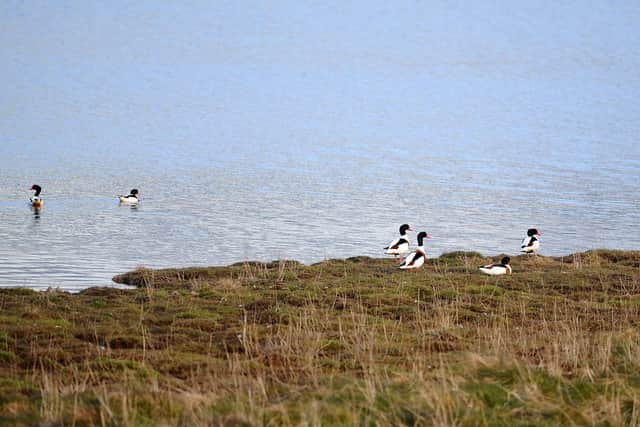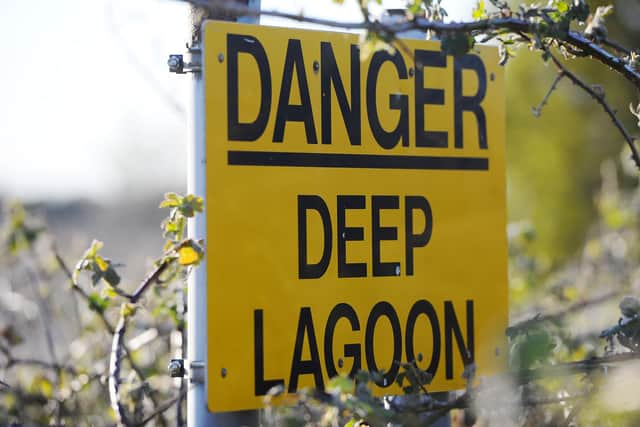Council accused of ‘destroying’ nesting sites with work at Kinneil Lagoons
and live on Freeview channel 276
The work at Kinneil Lagoons, Bo'ness was blasted on Twitter, with critics saying that it is "destroying internationally important migration and breeding habitat".
People were urged to contact SEPA to object and the matter was raised with the RSPB, saying any operation that affects nesting sites is illegal.
Advertisement
Hide AdAdvertisement
Hide AdHowever, Falkirk Council insists that the work being done will actually improve natural habitats for many creatures - and says all of the work has been approved by environmental organisations SEPA and Nature Scotland.


A council spokesperson said: “We are restoring a small section of land at Kinneil which will create additional habitats and wet lands for birds and other wildlife.


“We have an ecologist and senior ornithology officer on site during any ground work to ensure all works comply with nature conservation legislation and includes protection of active bird nests.
“Discussions have also taken place with Nature Scotland (formerly Scottish Natural Heritage) who are satisfied that no detrimental affects to nesting birds has taken place.
Advertisement
Hide AdAdvertisement
Hide Ad“However, we stopped these works on Friday following a concern raised by RSPB.
"We have a meeting on site at which point we can reassure the RSPB and the British Trust for Ornithology that wildlife is not being adversely affected.”
The site attracts thousands of wintering birds such as knot, dunlin and black-tailed godwit each year and is part of the Firth of Forth Special protection Area (SPA).